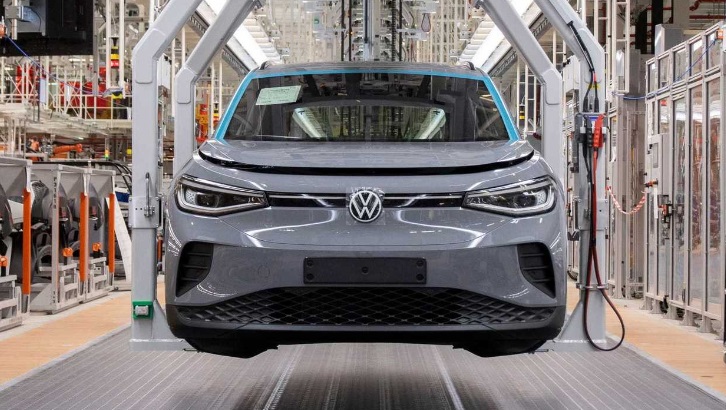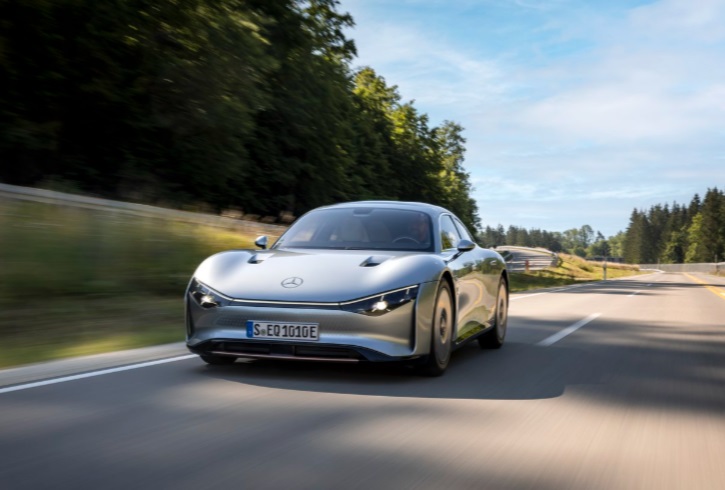In a recent development, the German government convened an emergency meeting to support its automotive industry through a challenging phase.
Specifically, the meeting was held virtually and included the participation of Germany’s Minister of Economic Affairs, Robert Habeck, the German Association of the Automotive Industry (VDA), car manufacturers, major suppliers, and labor unions.
Currently, Germany’s automotive industry is facing multiple challenges due to high production costs, a difficult transition to electric vehicles, and increasing competition from Chinese rivals.
Volkswagen (VW) is one of the car manufacturers heavily impacted by these challenges. Recently, the company announced cost-cutting measures and is considering closing its factories in Germany after 87 years of operation.
During the emergency meeting, several proposals were made to alleviate the difficulties faced by the businesses. One of the suggestions included reintroducing subsidies for electric vehicles to stimulate demand and attract consumer interest.
Meanwhile, Ola Kallenius, CEO of Mercedes-Benz, emphasized the urgency of readdressing the issue of emission regulations in Europe, which are set to take effect in 2025, amidst declining sales of electric vehicles.
It’s not just Volkswagen; other German car manufacturers are also grappling with market volatility, declining sales, and intense competition from Chinese automakers.










































